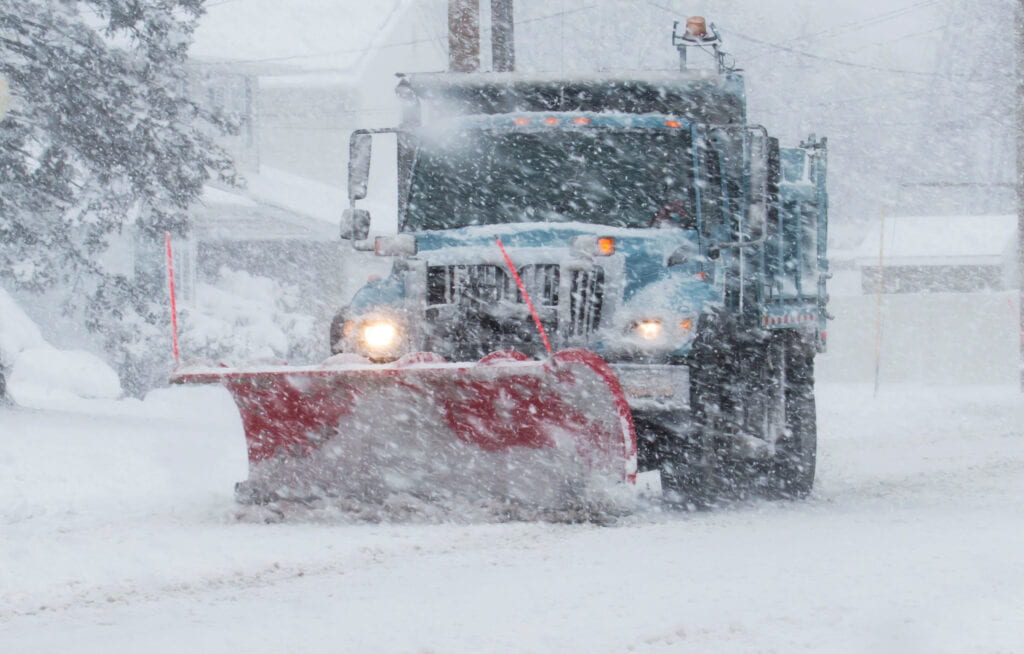
In this report, Nehal Rowhani analyzes the Rajneeshpuram Salmonella outbreak of 1984 in Dalles, Oregon. Although investigations eventually clarified that the event was indeed a bioterrorist attack, it was initially handled as a food-borne outbreak. This mis-identification of the outbreak’s cause and a lack of inter-departmental cooperation significantly delayed effective public health response to the disaster.
Continue reading “Nehal Rowhani’s Salad Bar Salmonella Report “






